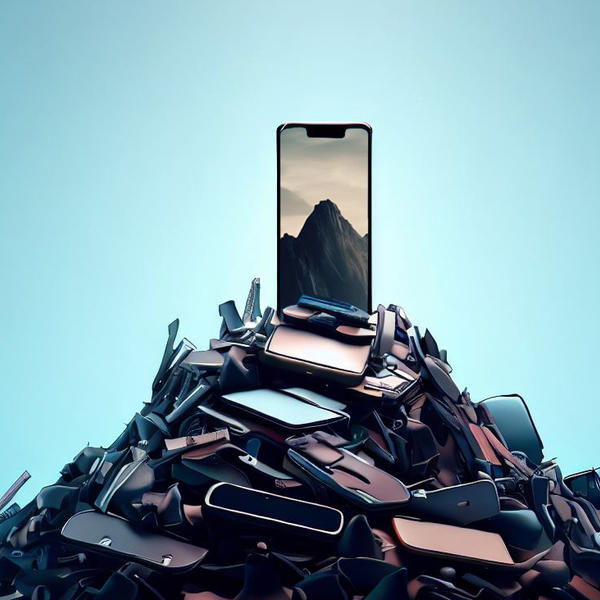Last Friday, Apple released the iPhone 15 in stores, selling out available stock around the world and marking the fifth fall in a row the company has released a new model. Yet before consumers upgrade, an expert in ethical consumerism advises they should also think about the consequences of the decision.
According to the United Nations Environment Programme (UNEP), as of 2022, roughly 59.5 U.S.-measured tons of E-waste – electrical and electronic equipment - is produced each year, an amount predicted to double by 2050. Only 17% of that is recycled.
"The rest is dumped, often to be sifted through in low-income countries by informal workers, including children, seeking to extract valuable materials at grave risk to their health," according to a UNEP report. This also creates unintended environmental consequences, including toxic chemicals from the units’ plastics, metals and components seeping into drinking water and polluting soil.
While Apple might lead the way in terms of environmentally ethical sourcing of materials used to create its products, it also is a leader in constructing its products in such a way that they cannot be upgraded or repaired, thus forcing consumers to buy new models.
"Society does consistently consume more and more per capita every year and the rates of consumption are completely out of control," said Ellis Jones, associate professor of sociology and anthropology, and an expert in corporate social responsibility, sustainability and ethical consumerism. "As we move further into the digital world, our electronic consumption becomes particularly tricky because most of what is produced now is more disposable, and in various ways, quite difficult to recycle."


